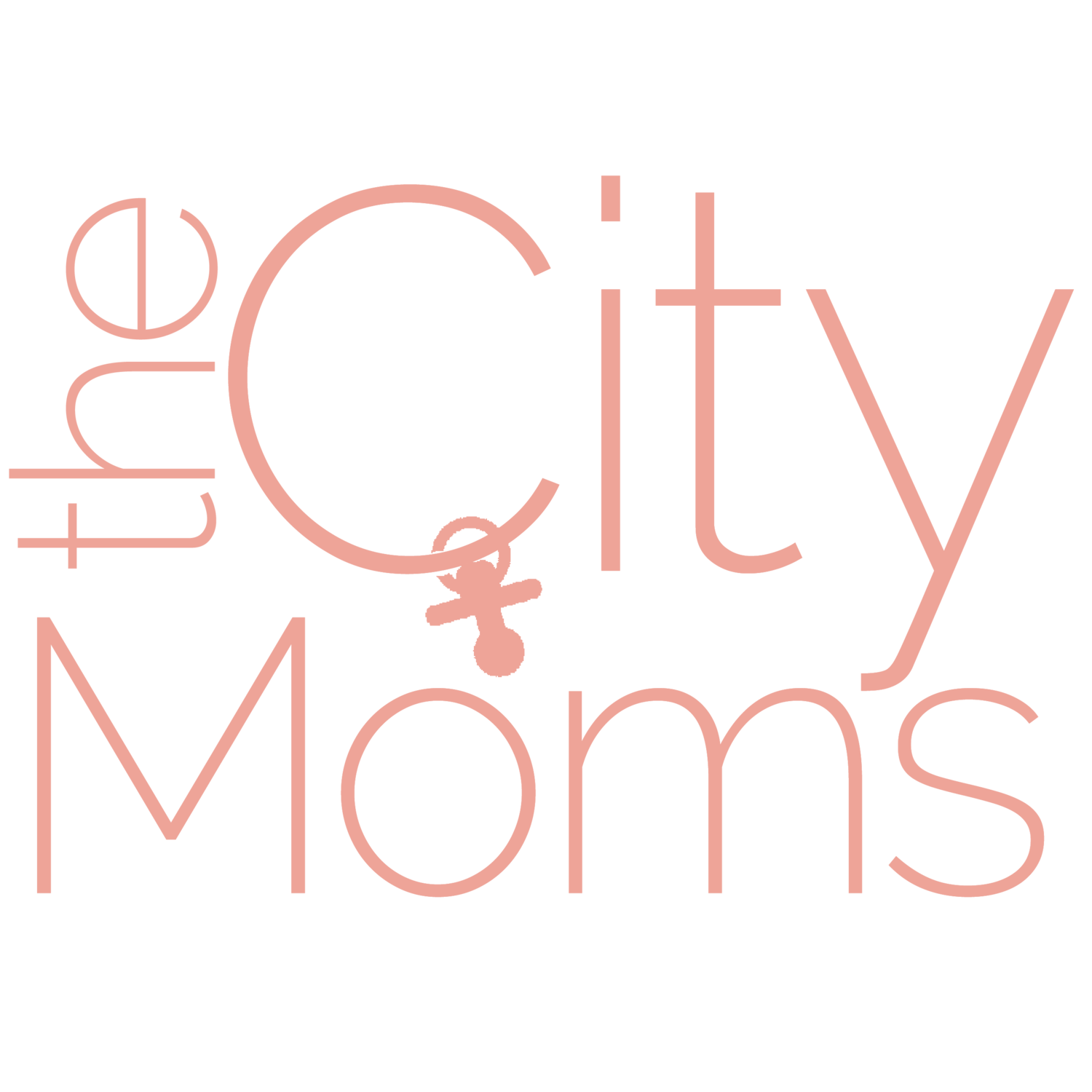Growing Up:: Tackling Tough Topics with Your Kids
What do you do when Daniel Tiger can't answer your kid's tough questions? CityMom Morgan has tips for digging deeper into life's challenging questions with your growing child.
I blinked and we’ve gone from Daniel Tiger to Pokemon; from Goodnight Moon to chapter books; from fully animated movies to movies featuring actual humans on the screen. And it’s hitting me that I am no longer parenting a toddler or preschooler. I am parenting an (almost) 8 year-old and his understanding of the world is expanding rapidly, so rapidly that I am struggling to keep up with all of his questions and astute observations.
In those early years of parenting we all know that there is no manual, but it did seem a bit easier to figure out how to help my baby-turned toddler-turned preschooler to learn some of those early developmental milestones. Having trouble sharing? There’s a song for that! Learning how to recognize letters and shapes? There’s an app for that! Figuring out how numbers work? There’s a game for that!
But now it’s getting more complicated.
It’s not just about a checklist of milestones to be reached by the next year’s well-check visit at the doctor’s office. I can now see how my son notices, how he questions, how through more independent time with friends, at school, with books, with television, with his tablet, that he’s realizing the world is far more complex than it once seemed. He’s thinking and asking more about life {where and how it begins} and death {what happens after life ends}.
His ears are perking up at certain bits of news on the radio or lessons he’s learning about in the books: wildfires raging out of control, a gunman opening fire in a local school, or learning about people of color being denied the same rights as white people.
“Why?”
“What happened?”
“Can that happen to us?”
“What does that mean?”
“I don’t understand.”
“That doesn’t make any sense.”
These questions and comments are simple, yet layered, and of course lead to conversation. I search for kid-appropriate language {and context} to help answer those questions {and will fully admit when I don’t know the answers}. I offer to look up information with him. I turn the questions back to him, get his perspective. These are all valid responses, but they are very reactive. I am starting to think about how we can be more proactive in encouraging our son’s curiosity about the world. How can I help him feel comfortable asking those questions so that he continues to seek answers, even when the answers aren’t easy or seem downright scary?
I’ve been reflecting a ton on how to have a culture of open curiosity and conversation about everything that excites and troubles our kiddos, and I’ve put together a few things I am learning that may help those of you who are facing the same stage {or later} with your own family.
Talk at the dinner table and go beyond “what did you do at school today?” Focus on at least one question per evening that opens up the opportunity for more in-depth conversation. Having a culture of conversation at the dinner table is a regular and safe way to just let our children know that we value what they have to say and that we are here to listen.
Talk in the car. You have a captive audience in the car. Driving around running errands or commuting to and from school can be valuable time to talk or even more importantly, listen. There are even some kiddo-focused podcasts you could listen to that will invariably lead to questions and conversation.
Don’t be afraid to talk about difficult subjects. Recognize that we can actually talk with our kids about very complex and difficult subjects at very young ages--as long as we are willing to a) be comfortable being uncomfortable, b) understand that it is ok to not have all the answers, and c) learn more about how to talk with them at different developmental stages so that we can use age appropriate context and language with them.
Create a box of question stems. Keep them in the car or in a bag that goes with you when you go out to eat or on a road trip. Turn to these questions to jump start conversations with your kiddos. Make them a combination of super silly to more in depth and thoughtful. Every subject doesn’t have to be big and difficult. Just having a culture of talking about things helps us build trust and helps our kids practice listening and empathy. Simply asking “if you could have one super power, what would it be and why?” can generate a fun family discussion {or debate!} about the merits of different super powers and teach us all how to listen without judgment.
Set a bedtime ritual of you and your kiddos sharing one “thumbs up” and one “thumbs down” from the day. Having a ritual creates an expectation of something happening and can help create a sense of continuity and safety around sharing events from the day that can lead to deeper conversations later on. It’s also just a great way to be mindful of what’s going on in your children’s lives each day… and for them to get a glimpse into yours- and see you as a little bit more human to them.
SPEAKING OF TOUGH TOPICS, Check out our post about discussing the Civil Rights movement at home
There may not be an app, a television program, or a song for navigating this big world with your child, but hopefully practicing some of these ideas can help your family create a culture in which listening, sharing, and being openly curious are highly valued. Engaging in regular dialogue will help your children build skills for civil dialogue and active listening. The more we can create a sense of openness around everything, from the super light hearted to the more serious, the more our children will know that they can come to us to ask questions and share complex thoughts and feelings as they get older. As they grow more and more independent, this will be incredibly important--that they know that home is a safe place for questioning and figuring out the world around them.


